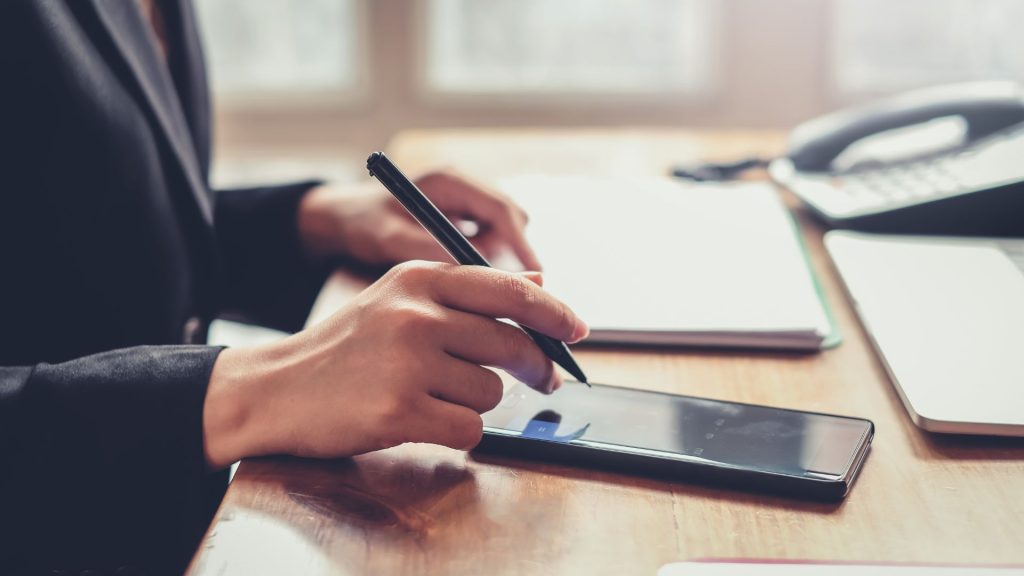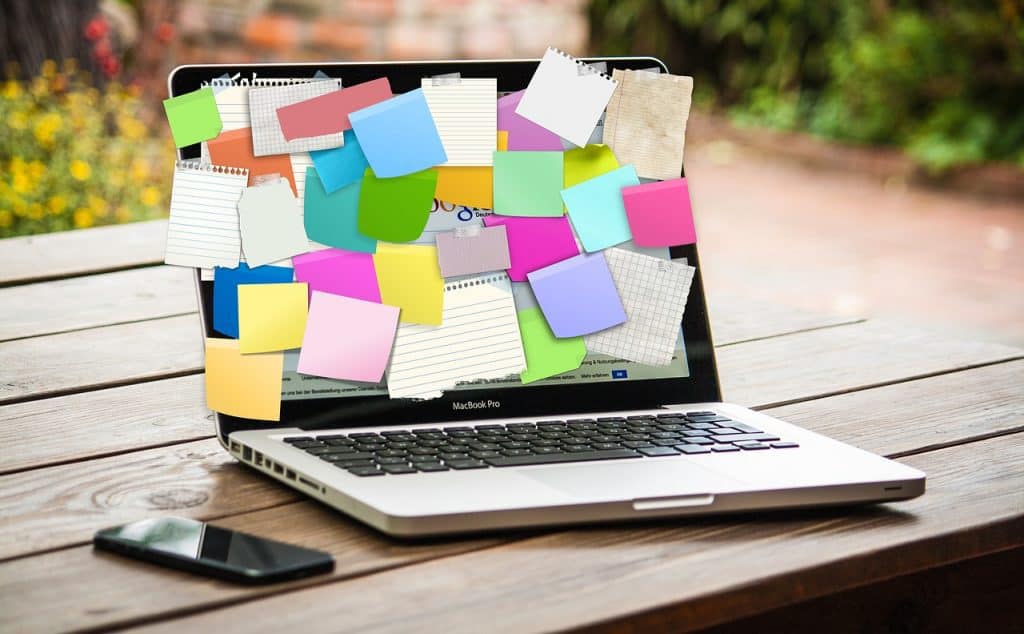
NMAS to AMDRAS Transition Rules
NMAS to AMDRAS Transition rules for the transition which will take place between 1.7.2024 and 1.7.2025
Reflective practice is a process and skill professionals use to think critically about and improve their work.
It is a way to learn from experience by thinking about what you did, the effect it had on you and on the results that your client got. The next step is to consider what other options you may have had and how you may apply them in the future to see if you can get better results for your client.
We all think about what happened in the past from time to time, and sometimes, this can even be a problem if something traumatic or distressing happens to us. Reflective practice can be protective and help us come to terms with difficult client situations so that they do not affect our mental health.
There is a difference between thinking about something and reflective practice. Reflective practice requires us to consciously think about events to develop our insight, taking the learnings and then letting go.
Once you get into the habit of using reflective practice, you will probably find it useful both at work and at home.
Reflective practice is, in its simplest form, thinking about or reflecting on what you do. It is closely linked to the concept of learning from experience, in that you think about what you did, and what happened, and decide from that what you would do differently next time.
Thinking about what has happened is part of being human. However, the difference between casual ‘thinking’ and ‘reflective practice’ is that reflective practice requires a conscious effort to think about events, and develop insights into them. Once you get into the habit of using reflective practice, you will probably find it useful both at work and at home.
Read more at: https://www.skillsyouneed.com/ps/reflective-practice.html
According to Moon, J. (1999), Reflection in Learning and Professional Development: Theory and Practice
“Reflective practice is an active, dynamic action-based and ethical set of skills, placed in real time and dealing with real, complex and difficult situations.”
Neil Thompson in his book People Skills advises the following to support reflective practice.

In fact reflective practice has much better perspectives when it is a shared activity.
Getting the input of others is an essential part of reflective practice because if you have nothing to compare your practice to it is unlikely that you will develop new insights or innovations as easily.
Sharing ideas also requires a process of refining them in order to say them out loud. This is part of learning and remembering. We all remember brilliant ideas that we know we’ve had but forgotten!
Some learning theoreticist believe that is because ideas need to be written or spoken to be remembered. That indicates that keeping a practice journal may be a good idea for those who are working alone such as dispute resolution professionals.
Peer Supervision is an option for reflective practice. Visit our Events in the Members Portal to register for the next session. Events | Events (mimembers.au)

NMAS to AMDRAS Transition rules for the transition which will take place between 1.7.2024 and 1.7.2025

Find out more about the Mediation Institute Independent Complaint Handling Service for dispute resolution professionals.

How to keep track of your ongoing professional development obligations? Keep track as you go.
Mediation Institute is a Recognised Mediator Accreditation Body (RMAB) and Complaint Handling Body for Mediator, Family Dispute Resolution Practitioner and Family Group Conferencing Facilitator Members. We provide Complaint Handling Services for Education Providers.
Mediation Institute acknowledges the Traditional Owners of country throughout Australia and recognises their continuing connection to land, waters and community. We pay our respect to first nations peoples their cultures, and to the Elders past, present and emerging.
Be aware of cyber fraud. You should contact our office immediately if you receive any email suggesting that the back account details on an invoice have changed, even if that email appears to have been sent from our company.
Our Vocational Training is delivered in partnership with Inspiritive Pty Ltd RTO Code 21178
Mediation Institute Pty Ltd PO Box 16, Loch Sport Victoria, 3851
Tel: 1300 781 533
ABN 43 166 175 962 | NZBN 94 290 510 103 00